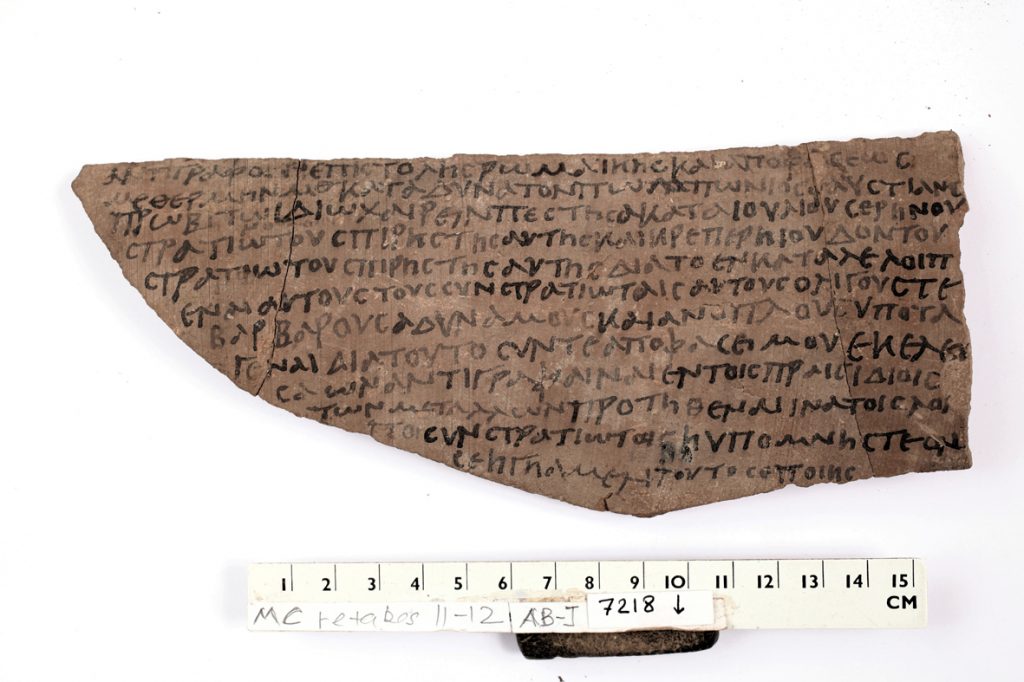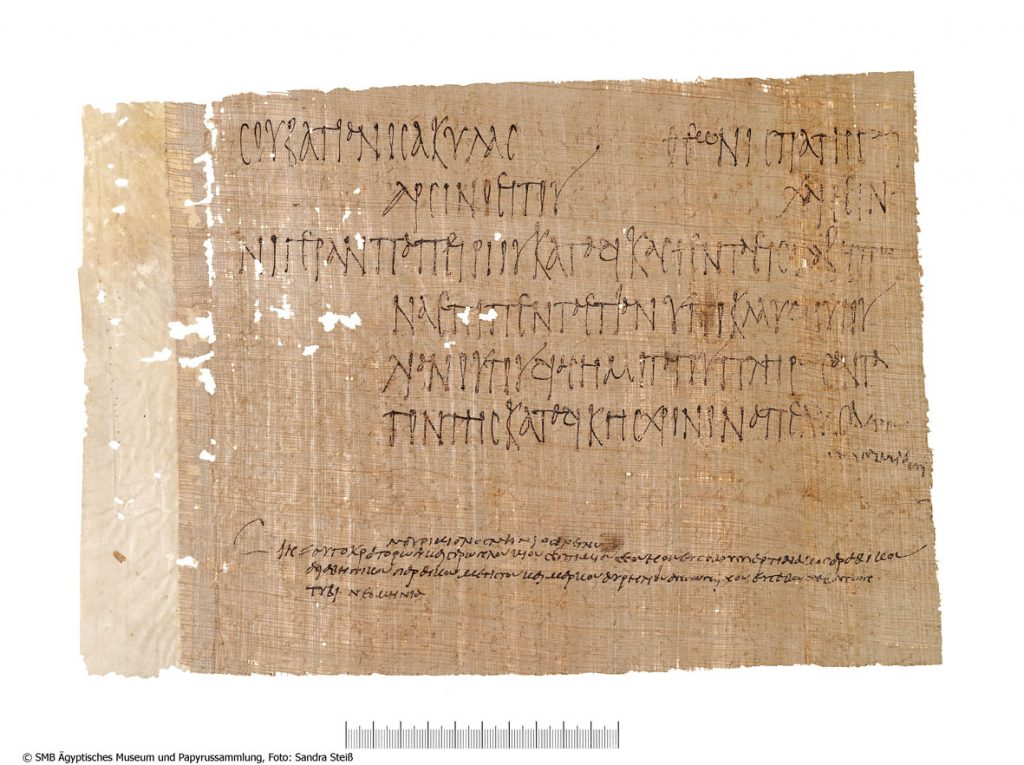Central media of Roman rule were edicts and letters in which a Roman emperor or governor officially proclaimed his will. These documentary texts are of great importance for understanding Roman rule in practice, and therefore those that are preserved in the original wording – on papyrus (above all in Egypt) or as inscriptions – are collected at the DAI’s Commission for Ancient History and Epigraphy in the “Corpus der Urkunden der Römischen Herrschaft” (CURH).

The documents deal with wide-ranging subjects and differ in content from what is at best only indirectly recorded in literary sources. There are orders for the search for deserters, the release of a convict from penal labour, the provisioning of a governor on his travels through the provinces; there are proposals for keeping archives and documents in good order, for dealing with crowds at the courthouse. The need to issue receipts for taxes paid is restated for the umpteenth time, as is the granting of privileges to certain population groups; incompetent local officials are dismissed, etc.

Copy of a governor’s letter on the punishment of deserters – inscribed on a potsherd, or ostrakon: P. Bagnall 8 (Photo: A. Bülow-Jacobsen) 
Order, in fine official lettering, for the release of a man condemned to penal labour once he has completed his punishment: SB I 4639. (Photo: Staatliche Museen zu Berlin – Ägyptisches Museum und Papyrussammlung, S. Steiß, P 11532) 
Animated debate about Roman legal practices in a series of three German–Italian–French conferences at the Villa Vigoni: participants at the first conference (Photo: c. R. Haensch)